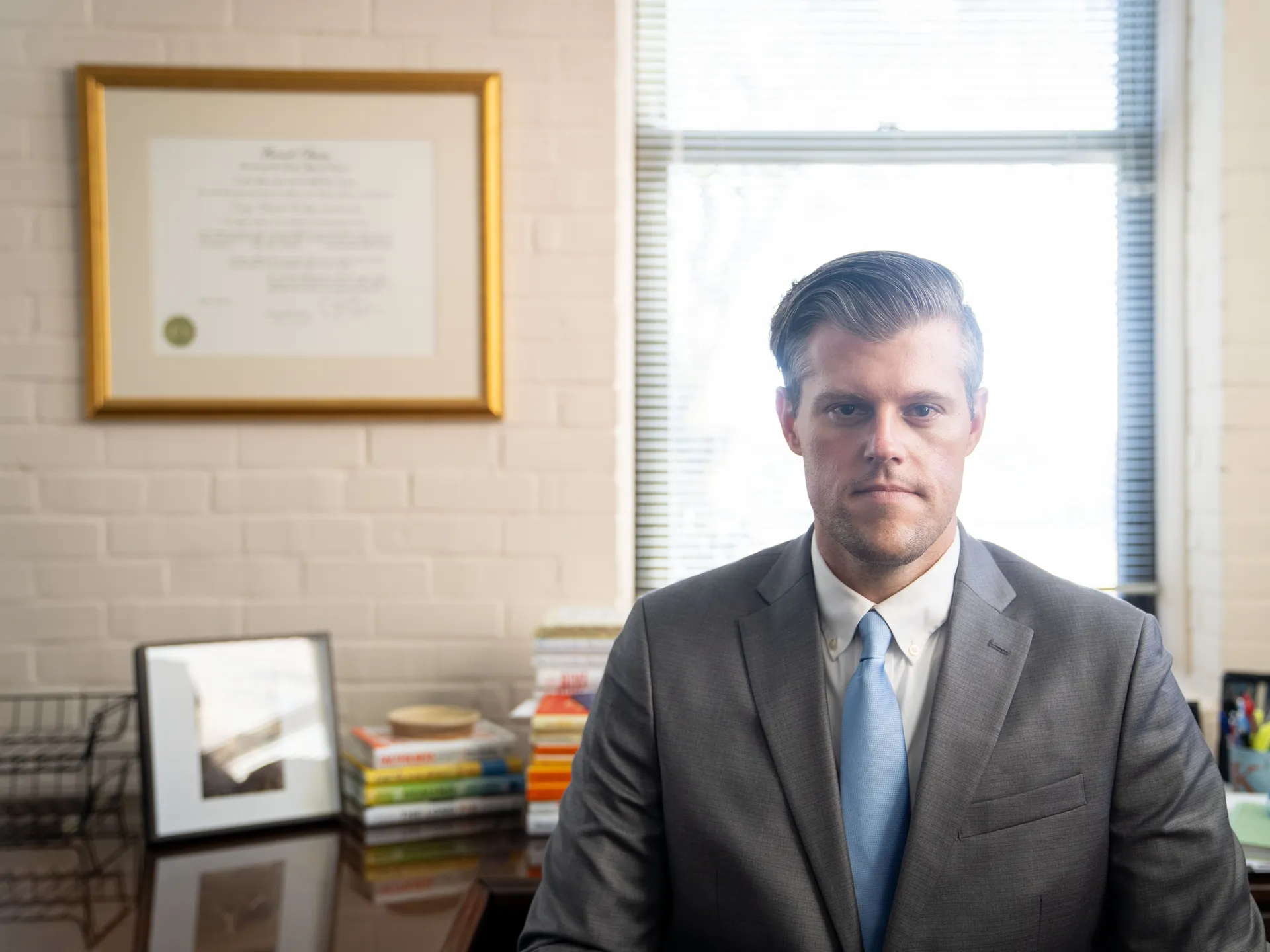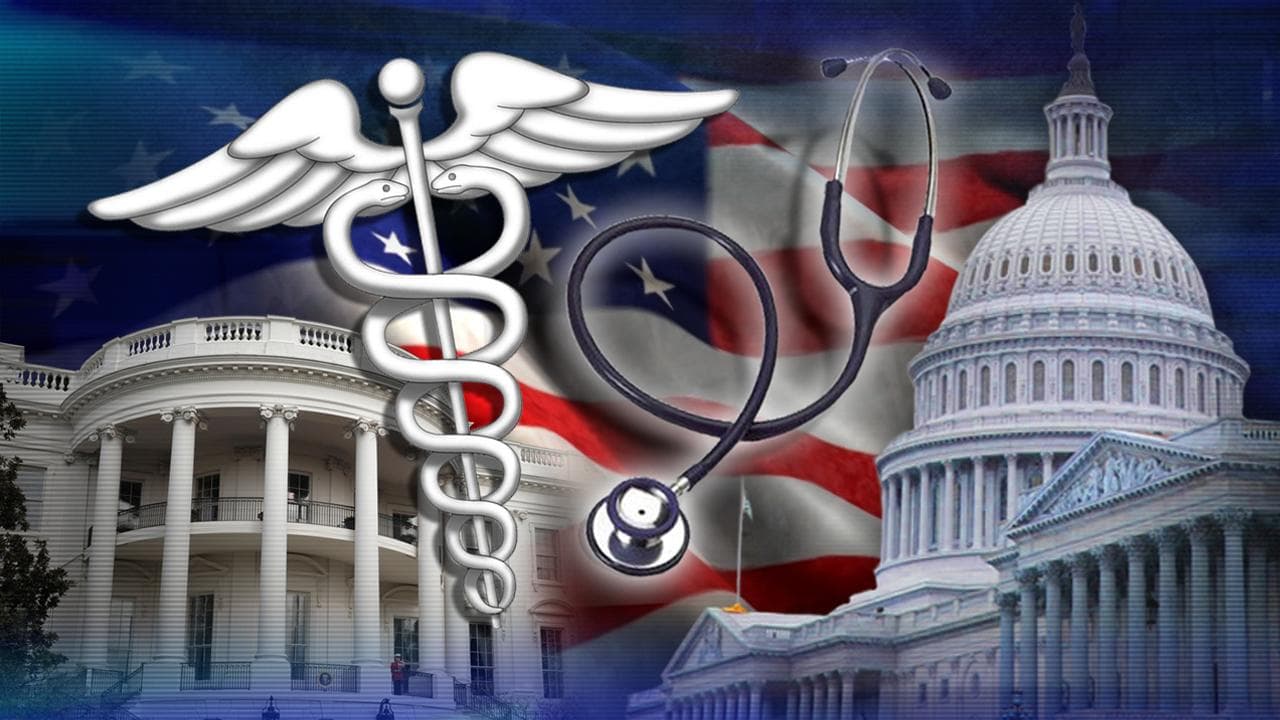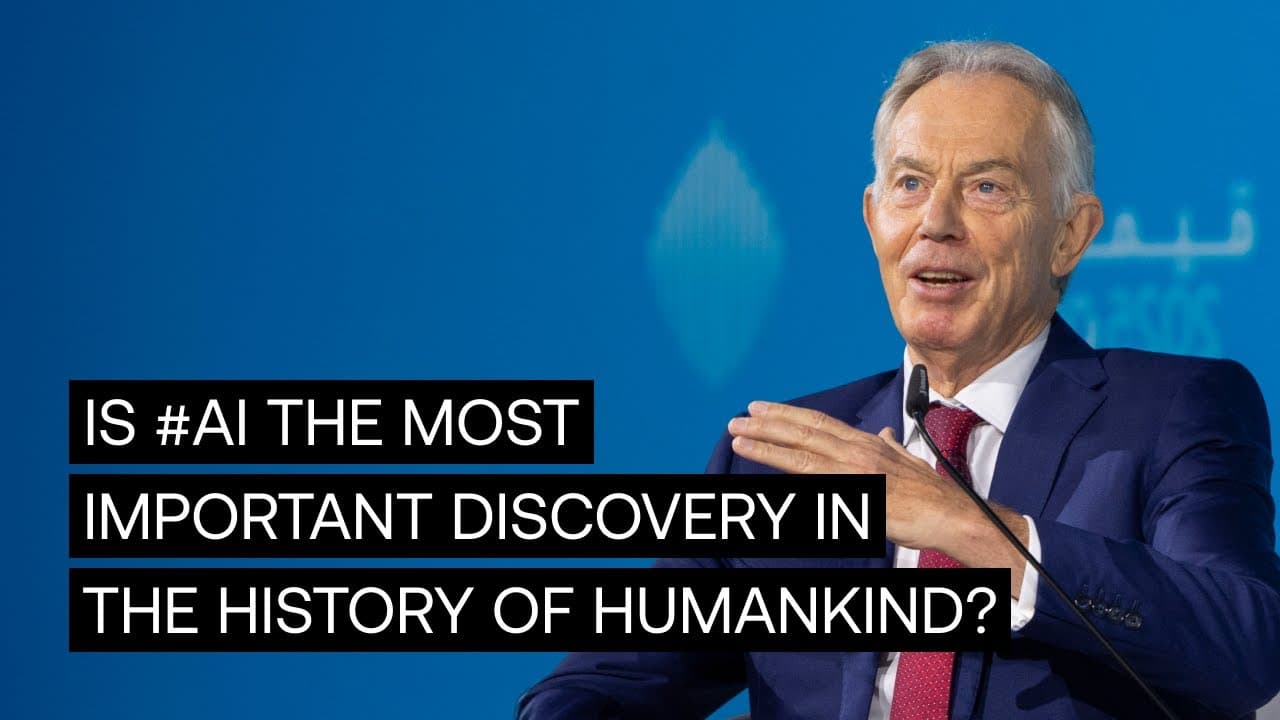As the ink dries on Trump’s latest tax-and-spending bill, a chilling reality looms over rural America. The bill, which cuts over $1 trillion from Medicaid, threatens to obliterate healthcare access for millions, particularly in states like North Carolina and Kentucky. Experts warn that the fallout from these cuts will be catastrophic, not just for individuals but for entire communities struggling to recover from disasters and economic instability.
North Carolina Faces $32 Billion Loss
North Carolina, a battleground state that recently expanded Medicaid, stands to lose a staggering $32 billion in federal funding over the next decade. As reported by Kody Kinsley, North Carolina’s former secretary of health, the new legislation could trigger a “kill switch” effect, ending Medicaid expansion altogether if state dollars are spent to implement it. This would reverse the gains made since December 2023, when over 650,000 residents gained coverage, leaving them without critical healthcare services.
Disastrous Impacts on Rural Hospitals
Rural hospitals and clinics are often the lifeline for communities, yet they are precariously underfunded and overburdened. With Medicaid cuts looming, as many as 338 rural hospitals face imminent closure, according to an analysis by the Sheps Center for Health Services Research. This loss of healthcare infrastructure will leave rural residents with even fewer options, forcing them to travel long distances for care or rely on emergency services that are already stretched thin.

The North Carolina State Capitol: Pride of the State ...
Healthcare Inequity and Rising Costs
As hospitals shrink their services or shut down, the burden will inevitably shift onto those with private insurance. According to the American Hospital Association, as hospitals attempt to recover lost revenue, they will raise prices for commercially insured patients, exacerbating the existing inequities in access to care. This is not merely a healthcare issue—it’s a matter of economic justice, as low-income families will bear the brunt of these rising costs and reduced access.
Voices of the Affected
Individuals like Amanda Moynihan from Kuna, Idaho, who rely on Medicaid for their families, illustrate the human cost of these cuts. “Medicaid has made me a functioning human in society,” she states, reflecting the transformative power of the program. Without it, she fears returning to a life of poverty with no opportunity for growth. This sentiment is echoed by healthcare professionals like Molly Zenkler, a nurse at Mission Hospital in Asheville, who points to the dire consequences of reduced access: “Ultimately, Medicaid being cut is going to kill people.”

Meet the man who helped make Medicaid expansion happen: Kody ...
Political Landscape and Public Awareness
The political ramifications of these cuts cannot be overstated. Many rural voters may not even realize that their healthcare is funded through Medicaid, as the program operates under various names. Laurie Stradley, CEO of Impact Health in Asheville, emphasizes this point, highlighting the need for greater public awareness. The failure to communicate the stakes involved in these cuts could leave communities vulnerable to the devastating consequences of reduced healthcare funding.
The reconciliation bill, framed by Republicans as a solution to waste and fraud, is poised to do the exact opposite. It represents an extraordinary rollback of healthcare coverage, a move that benefits the wealthy at the expense of the most vulnerable. As we watch this catastrophic legislation unfold, one thing becomes clear: the fight for equitable healthcare access in America is far from over.







![[Video] Gunfire between Iraqi security forces and Sadr militias in Baghdad](/_next/image?url=%2Fapi%2Fimage%2Fthumbnails%2Fthumbnail-1768343508874-4redb-thumbnail.jpg&w=3840&q=75)
